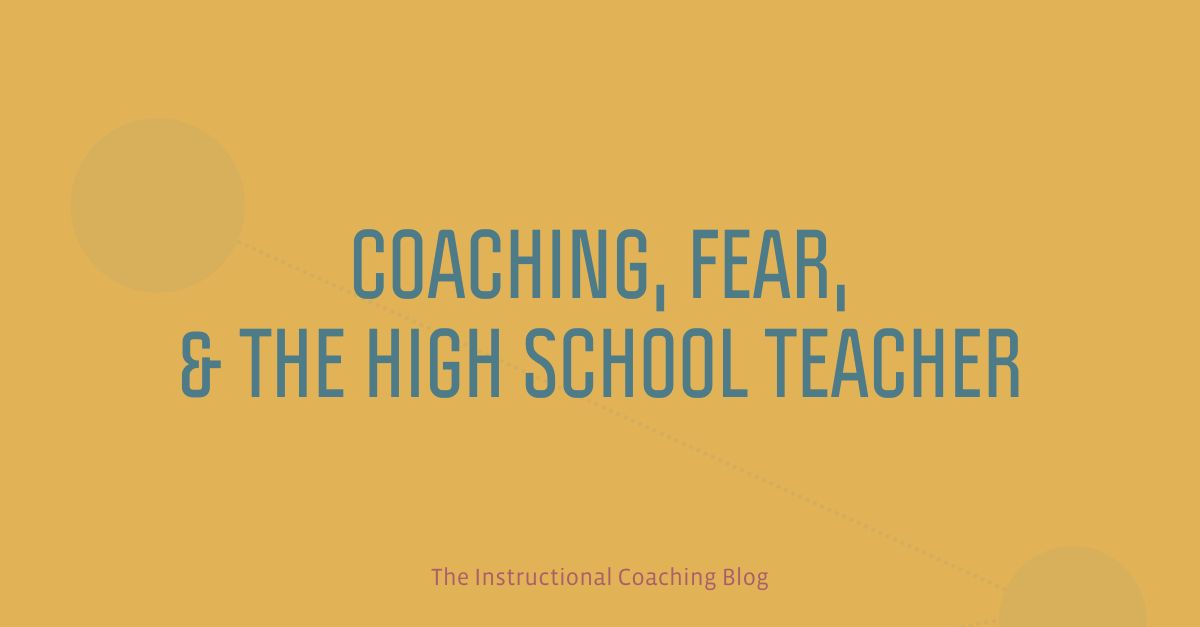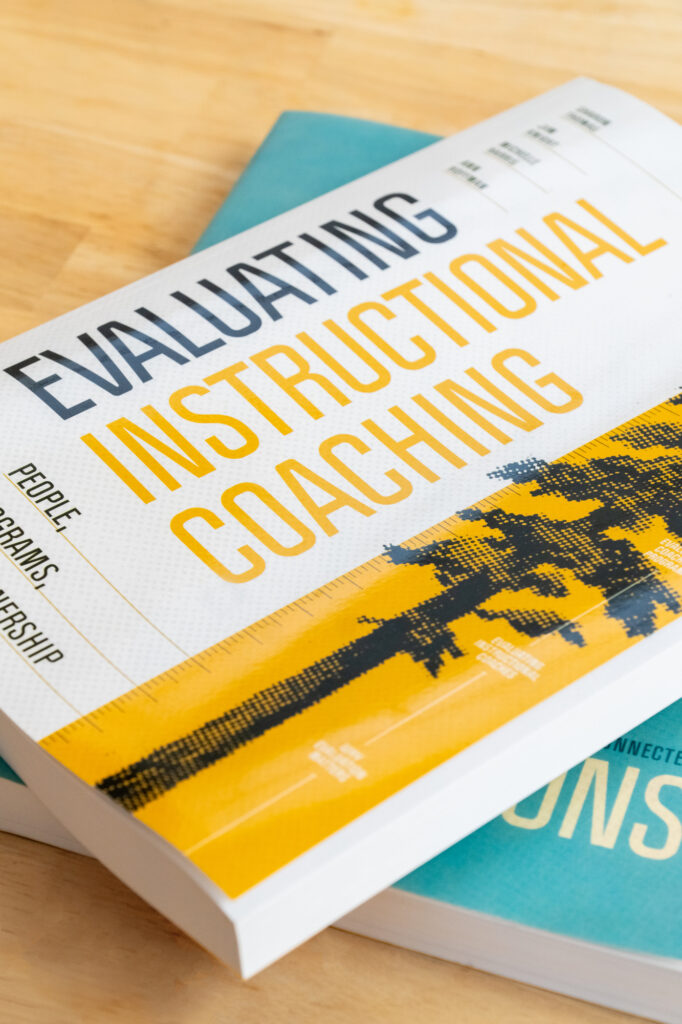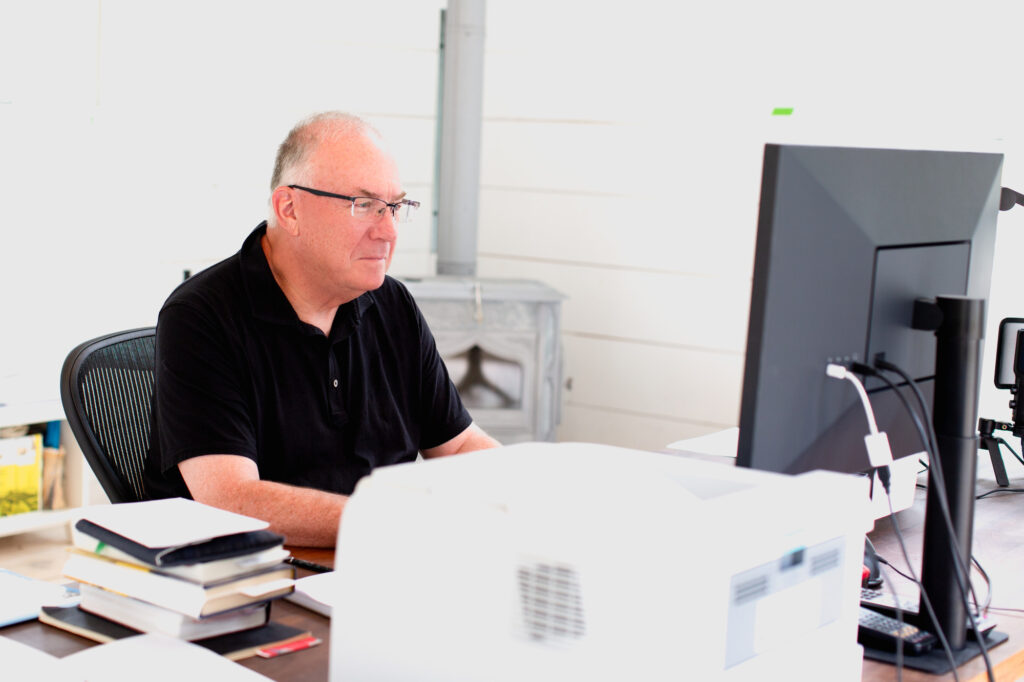I’m not much of a party person. I like to be home, and although I can engage with pretty much anyone, on a Saturday night, I’d rather not. I wasn’t always this way, but my years as a high school teacher made me wary of people in social situations. Once the question “And what do you do?” was launched, and I proudly replied, “I’m a high school English teacher,” here it comes.“Oh, dear. Aren’t the kids just awful?” “Gah! The education system these days! It’s horrible, isn’t it?” “Wow. Teenagers. I could never do that. You must be a saint.” That was just the start of it, and my otherwise mature self wanted to throw eggs and toilet paper all over their houses.
Stereotypes
The pervasive stereotypes that the public has about teachers and schools are not pleasant, but educators stereotype each other, too. High schools often criticize middle schools for not sending them kids with better academic and behavioral prowess. Middle schools often criticize elementary schools for the same thing. The criticism can also move in the other direction. Elementary teachers often bemoan their students leaving the supportive environment of primary school to move on to seemingly less supportive secondary schools. High school teachers in particular are viewed as caring about content more than kids, as moving kids through school factory-style versus valuing each child. I take issue with all stereotypes directed toward teachers. Teachers are overwhelmingly kind, hardworking, and willing to persevere under often ridiculous circumstances (including all of the ways they are maligned in society). You’ll find mostly caring teachers and a few uncaring teachers in every school. But a negative perception persists.

As a teacher and an instructional coach, I witnessed much criticism directed toward high school teachers. High school teachers and administrators are often perceived as the “tough crowd” for any professional development (PD) activity, and the descriptors “resistant,” “difficult,” and even “mean” are used to describe high school teachers with alarming frequency. The perception that high school folks are intimidating can cause them to be the last to receive PD on system- or state-wide initiatives. They less often receive instructional coaching support as well. Thus, instructional coaches typically approach high school teachers nervously and warily. This is a problem.
For several years, I taught graduate courses for teachers in my school system. In those courses, I worked with teachers from all grade levels and sometimes school and system administrators. Working with teachers from every school in our system was a revelation, especially the teachers who were considered some of the “meanest” in the game. In class, everyone was lovely. No one tried to bully or intimidate anyone else. They were all teachers wanting to do a good job. They defied all stereotypes. After that experience, I began to see more clearly the times when specific grade levels received criticism. During a given PD session, I noticed that, when one high school person out of 100 said something negative about the PD, some educators would immediately roll their eyes and sigh, “High school people…” One! Out of 100! Elementary, middle, and high school cultures may very well have genuine differences in communication style and norms. High schools are usually larger than individual elementary and middle schools. Those larger environments certainly make daily communication with each other more challenging and less frequent across the school. Moreover, high school environments typically involve a wider array of subject matter, and that means that achieving coherence and consistency across a school in anything is more problematic. Elementary schools also typically have more parental support and presence during the school day than secondary schools do, which can change communication dynamics as well. The settings are indeed different.
So do high school folks communicate differently than other teachers? Maybe, but maybe not. Are high school people pricklier and less inclined toward PD than others? Maybe, but maybe not. If they are more resistant as a group in a specific district, to me, the issue is not that high school people are mean or don’t want to improve; the issue is trust.
Trust
In our Better Conversations workshops, we examine the five factors that are most important in developing trusting relationships:
- Character
- Reliability
- Competence
- Warmth
- Stewardship
The research on trust indicates that warmth is the most important factor for most people, but being attuned to which factor an individual person values most is important to build a relationship. For example, I try to be a warm person, but the aspect of trust I value most is reliability. For others, honesty is a do-or-die litmus test; for still others, it’s stewardship: “Are you doing this to get some other job? What’s your agenda?” Different people focus on different traits to feel like they can trust someone.
If we examine the resistance that many high school teachers in my district had to instructional coaching when it was first offered to us, I would guess that reliability was often the issue there, too. Back then, high schools were the last to receive PD on system-wide initiatives, so by the time we received that PD, the pendulum was in fact swinging again, and that program was, in fact, on the way out. The next time something new came along, some responded with, “Well, this won’t last long,” and thus minimally engaged in it, but they were right: it didn’t last long. How cheerful should high school teachers have been about PD in the face of that history? Reluctance and resistance seem to me a natural consequence of that treatment, and only building trust by demonstrating—consistently and over the long term—that you are not doing that to them again can move professional learning in the right direction.
“Viewing all teachers as partners and not as opponents is the first and most vital step to improvement, and the onus is on the coach to engage as a partner even if the teacher is not ready to treat the coach the same way yet.” — Sharon Thomas
People respond to pressure and fear in all kinds of ways. If one is willing to respond empathetically with teachers who uses tears to express those emotions, then one should also be willing to support teachers who vocalize sarcastic and blunt statements to cope. Teachers are all worthy of the same level of respect, empathy, and engagement in professional learning. Viewing all teachers as partners and not as opponents is the first and most vital step to improvement, and the onus is on the coach to engage as a partner even if the teacher is not ready to treat the coach the same way yet. This high school dynamic may well be flipped in some districts, ones in which elementary or middle school folks feel more maligned and discounted than high school folks do. Whenever that dynamic exists, everyone has the power to change it. Everyone has the power to go in tomorrow with a more positive and empathetic attitude. Everyone has the ability to build relationships up instead of unintentionally tearing them down with judgment and criticism.
All teachers want to be good teachers. All teachers want to improve. How they’re approached in professional learning has the power to change history and attitudes. Everyone can change to bring about important change for kids.
What stereotypes do you hear about in your school? Have you ever been grouped into one of these stereotypes? Have you ever stereotyped someone else, only to realize you were wrong? Tell us in the comments below.





























